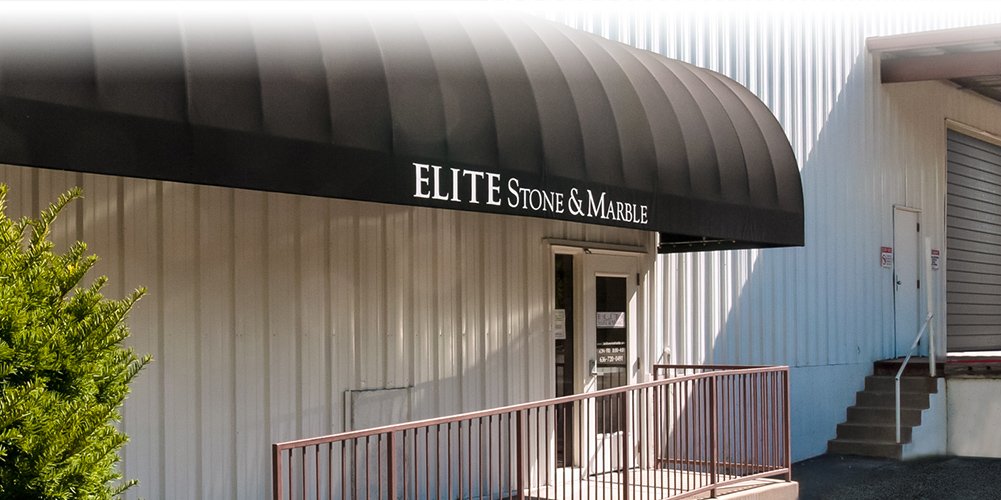Quartz Warranty & Care Information
Regular Maintenance
Clean quartz surfaces daily with soap and water to keep the lustrous gloss and radiant sheen. Use warm water and a damp cloth with a small amount of non-abrasive cleaner that does not contain bleach. Although quartz is resistant to stains, spills should be cleaned as soon as possible. Liquid spills and stains from fruits, vegetables, or other foods should be wiped up and cleaned with soap and water.
Preventing Damages
Heat: Quartz countertops are resistant to heat and can withstand exposure to normal cooking environments for brief periods without suffering damage. Although quartz withstands heat better than most materials, it can still suffer damage from extreme temperature changes (prolonged and/or sudden). Trivets and hot pads should be used when placing hot skillets, pans, crock-pots, or other heat generating kitchenware on the quartz surface.
Scratches: Quartz countertops are designed to withstand normal use. While thy are resistant to scratches, cuts, and chipping, never cut directly on the quartz surface. Avoid dropping or moving heavy items on the quartz surface. This along with the use of cutting boards will help to ensure long-lasting beauty.
Chemical: Avoid exposing quartz countertops to any strong chemicals and solvents. Avoid using cleaning products that contain oils, powders, or abrasives. The below list is not a complete list, and there are other chemicals not listed here that may damage quartz. Prolonged exposure may ruin the surface of the slab.
Chemicals to Avoid
- Oil soaps, dyes, stains, and paint thinner
- Solvents such as acetone, nail polish, lacquer thinner, or bleach (short term exposure is acceptable for purpose of cleaning difficult stains), remove and rinse applied area within 5 minutes
- Chemicals with high alkaline/PH levels
**If any of the substances listed come into contact with your material, rinse with plenty of water and follow routine cleaning procedures immediately.
Granite Warranty & Care Information
Regular Maintenance
Clean granite surfaces daily with a neutral cleaner, soap, or mild liquid dishwashing detergent. Rinse thoroughly with warm water, using a soft cloth. Once a week, wipe down the tops with a stone cleaner that can be found at any local home improvement store. Never use harsh chemicals or abrasive cleaners. They can scratch, pit, and etch the surface of the stone. For oily stains, try a poultice made of a cup of flour or baking soda and 5 tablespoons of dish soap. Add water to make it the consistency of sour cream or yogurt. Place the solution directly on the stain and cover with plastic wrap overnight, before washing away the poultice.
Avoiding Chips
Chips in granite are not a common occurrence. When they do happen, chips are most often caused by banging something into the edge or top of the countertop. Take care when you handle heavy pots and pans around your granite profiles, as these are the most prone to cause chipping.
Seasonal Maintenance
Natural stone is very porous. The best way to prevent stains is to treat the surface with a protective sealer. The sealer fills in the pores and temporarily repels spills on the surface to give you time to wipe it away. Sealing is a regular maintenance task for granite. Re-seal the countertop only when water splashed on the surface no longer beads up. It's important to examine your granite at least once a year. Granite sealer can be purchased at any local home improvement store. Do not reseal your tops more than needed in order to reduce the risk of causing a film buildup on the surface.
DO's and DON'Ts of Granite
- DO clean up spills immediately to minimize damage to your stone.
- DO use trivets or mats under hot dishes and cookware.
- DO use place mats under china, ceramics, silver and other objects that can scratch your stone's surface.
- DO use coasters under glasses, especially if they contain alcohol or citrus juices.
- DON'T wait to clean up spills on stone.
- DON'T use cleaners that contain acid such as bathroom cleaners, grout cleaners, or tub cleaners.
- DON'T use vinegar, bleach, ammonia, or other general-purpose cleaners.
- DON'T use abrasive cleaners such as dry cleansers or soft cleansers.
- DON'T use alkaline cleaners not specifically formulated for stone.
- DON'T use scouring powders and abrasives because they will scratch the surface.
